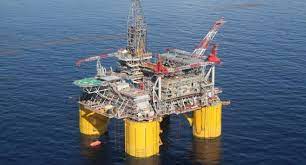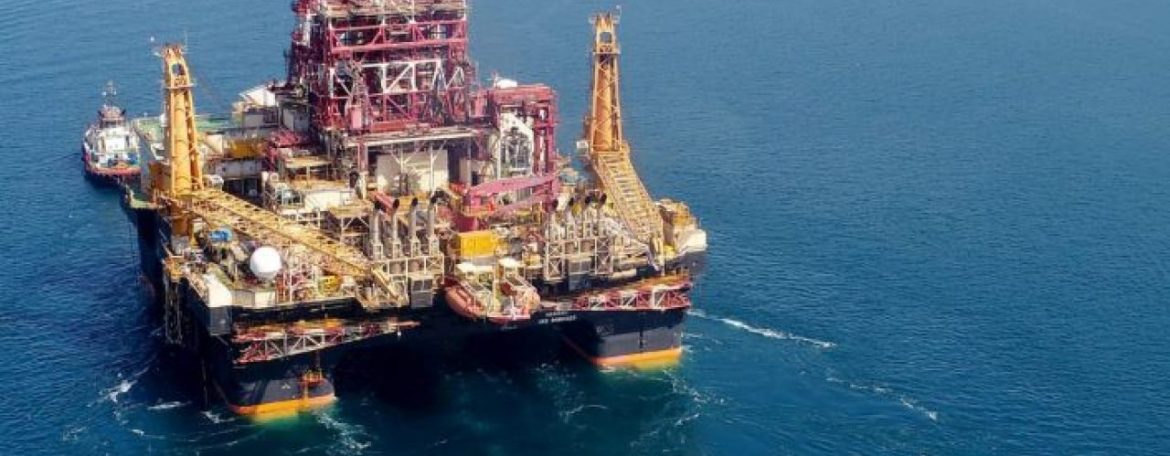This article discusses the need for Nigeria to get 45 new oil rigs to achieve ‘normal’ production levels of 2.1 million barrels per day.
The hand over of large, producing acreages from international oil and gas majors to local companies is a transition that determines how quickly Nigeria can ramp up and sustain production of 2 million barrels of oil per day (bpd), an industry panel has advised.

Nigeria’s oil industry is facing a stark reality check as it needs 45 new rigs to reach “normal” production levels of 2.1 million barrels per day (bpd) by 2025, according to industry titan Austin Avuru, executive chairman of AA Holdings.
The Chairman AA Holdings, Dr. Austin Avuru, made this known at the 41st Nigeria Association of Petroleum Explorationists (NAPE) yearly international Conference and Exhibitions (AICE) Pre-conference, yesterday, themed: ‘Unlocking Nigeria’s remaining energy potential to fuel economic growth and diversification: opportunities and challenges.”
READ: NMDPRA Permits, Costs and Requirements
This stark warning highlights the challenges the country faces in revitalizing its oil sector, a crucial engine for its economy.
“To arrest the natinural decline and add 800,000Barrels per day over two years will require 426 wells including 106 exploration and appraisal wells as well as 320 development wells,” Africa Oil & Gas Report, an energy intelligence publication by a respected analyst, Toyin Akinosho quoted Avuru as saying.
He added, “For this, 45 Rigs must be on duty, so the country needs an investment of $7.6Billion in well costs alone”.
Avuru’s statement, made at the recent National Association of Petroleum Explorationists (NAPE) conference, painted a picture of a sector struggling with declining production.
This reality check comes at a crucial time for Nigeria, where oil remains the backbone of the economy.
Recent production declines have had a ripple effect, squeezed government revenues and impacted foreign exchange reserves.
READ: Nigerian Midstream and Downstream Petroleum Regulatory Authority
The pain of this large-scale theft and vandalism, as well as decades of under-investment in infrastructure, was so severe that last April, the country produced less than one million barrels of oil daily, far below its 1.8mn bpd Organization of Petroleum Exporting Countries quota.
The country’s oil production improved to 1.37 million barrels per day in November, an OPEC survey, which cites secondary data sources, said. However, it is still not close to the 2024 budget benchmark of 1.78 million bpd.

